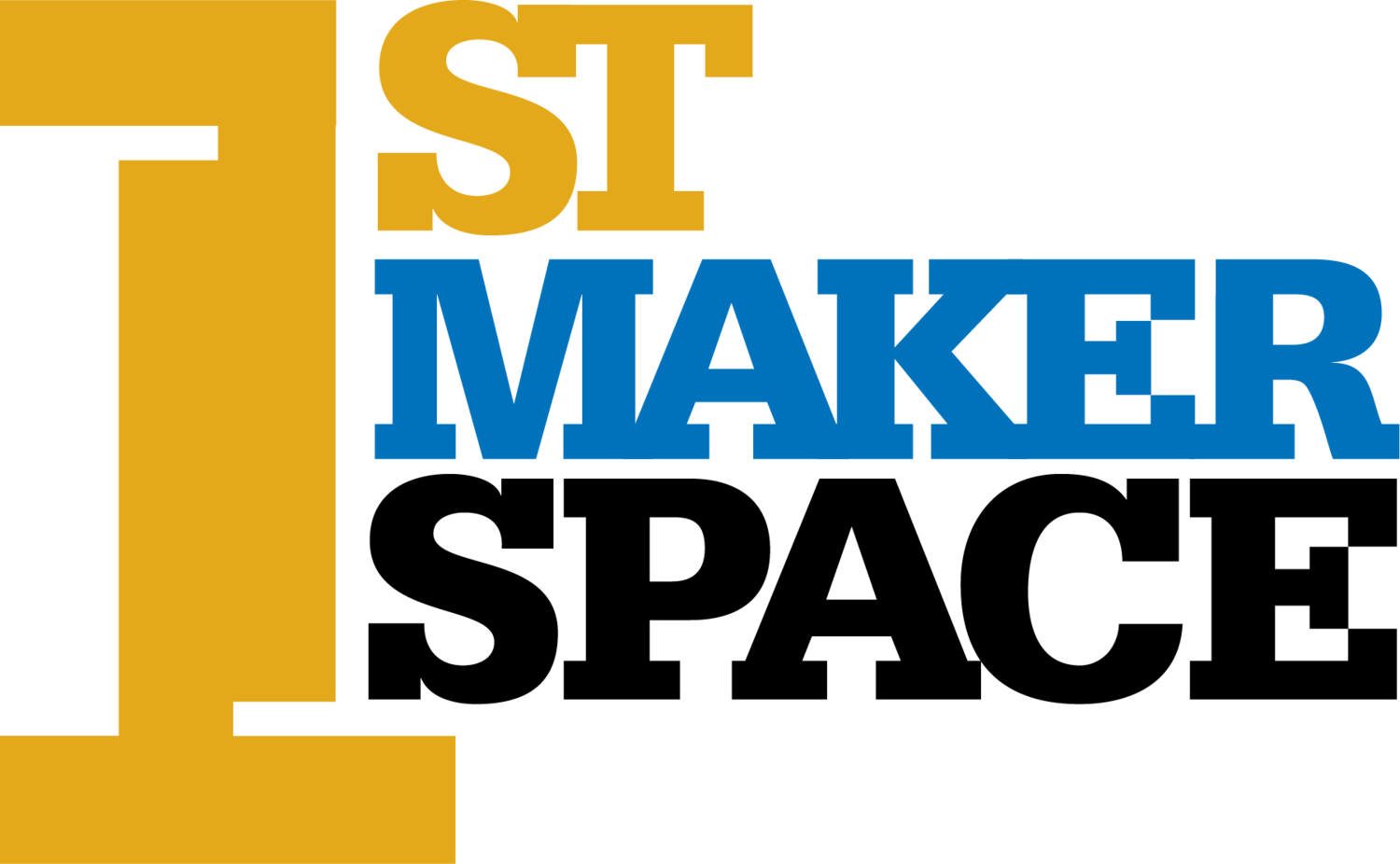
The Research Behind
Maker Education
Why create a makerspace in your school, library, or learning environment? The answer is simple; students like to make, and they learn more when they do!
The need has never been greater for students that have critical thinking and problem-solving skills. Maker education develops these employability skills, STEM skills, and self-esteem. Learning comes to life and students are reminded that learning is fun!
Research and workforce development data support the need for makerspaces. According to the US Department of Commerce, job growth in STEM fields is expected to be 17% over the next ten years, which is much higher than the average job growth rate of 10% (2014). Who are the students that are going to fill jobs that do not yet exist? This is where technological literacy and employability skills have a role to play in making a student college and career-ready.
The Gallup Student Poll measures what matters most for students’ success - hope, engagement, entrepreneurial enthusiasm, and financial literacy. According to the Gallup Student Report, over half of students K-12 were disengaged and feeling hopeless (2017). We believe that makerspaces engage students and restore hope by allowing students to make, explore, and connect content to what they are learning in the classroom!
Impacts of Makerspaces on Student Engagement
Improve Student Learning
Makerspaces improve student learning by developing skills that contribute to their personal growth and engagement.
Special Needs Students
Makerspaces are particularly beneficial for special education students. Empirical evidence suggests that makerspaces help special education students develop problem-solving, creative thinking, communication, and vocational skills.
Career and Tech Ed
The inclusion of makerspaces in CTE programs can support institutions in providing qualified candidates to fill local skills gaps.
1st Maker Space External Evaluation
What do students think about makerspaces?
In 2021, Diehl Consulting conducted an external evaluation of makerspaces designed and implemented by 1st Maker Space. As a part of this evaluation, K-12 students were surveyed to learn more about their thoughts on the makerspace.
Over three-fourths of the students surveyed reported positive mindset and hope! Additionally, most students reported that they enjoyed working with others at least some of the time.
Download the report to lean more.
What do teachers think about makerspaces?
In 2021, Diehl Consulting conducted an external evaluation of makerspaces designed and implemented by 1st Maker Space. As a part of this evaluation, teachers in schools with a makerspace were surveyed to learn more about their thoughts on the makerspace and maker education.
Staff who indicated they used the makerspace at least once per month for a lesson had higher total agreement levels than those who indicated they never use the makerspace for items like feeling connected to their coworkers and adjusting the lessons to individual students.
Download the report to learn more.
Peer-Reviewed Research
Makerspace in STEM for Girls: A Physical Space to Develop 21st-Century Skills
Sheffield, Rachel; Koul, Rekha; Blackley, Susan; Maynard, Nicoleta
Educational Media International, v54 n2 p148-164 2017
"Makerspace" has been lauded as a new way forward to create communities, empower students and bring together enthusiasts of all ages and skill levels "to tinker" and create. Makerspace education has been touted as having the potential to empower young people to become agents of change in their communities. This paper examines how a "Makerspace" approach can capture the imagination and creativity of female primary school students, and engage them in integrated STEM-based projects. The study scaffolded female tertiary undergraduate students to mentor small groups of girls to complete a project in a STEM "Makerspace" situated in classrooms. The data generated and analysed from this study were used to determine how "Makerspace" STEM-based projects were enacted, how they engaged and supported the girls' learning, and considers the future of a "Makerspace" approach as a way to progress integrated STEM education.
Learning About Makerspaces: Professional Development with K-12 Inservice Educators
Peterson, Lana; Scharber, Cassandra
Journal of Digital Learning in Teacher Education, v34 n1 p43-52 2018
Makerspaces are the latest educational movement that may disrupt the "grammar of schooling." Makerspaces may change the ways schools use technology; change the ways schools engage in learning and teaching; and change the forms of learning that count in schools. However, without deliberate professional learning and planning, the glamor of new tech tools can overshadow the importance of pedagogy within makerspaces. We share our approach to makerspace professional learning in K-12 schools, which is adapted from the Frank et al. "Focus, Fiddle, and Friends" framework on knowledge diffusion within schools.
Change in the Making: Makerspaces and the Ever-Changing Landscape of Libraries
Moorefield-Lang, Heather
TechTrends: Linking Research and Practice to Improve Learning, v59 n3 p107-112 May 2015
Makerspaces and accompanying technologies are exciting new services being offered in libraries. However, these come with their own challenges and successes. Training for maker learning locations continues to be difficult to obtain. Inservice librarians rely on peers in the field and online resources for their training. Most preservice librarians are graduating each semester not knowing the skills needed to maintain and serve in makerspaces. As library services continue to change what skill sets are needed to sustain the ever-changing library environment? In this study, 12 interviews were conducted one-on-one with librarians possessing makerspace facilities in their library settings. The interviews were used to gain feedback regarding the makerspace locations in each library. Interviews were digitally audiotaped and transcribed. Results were organized into thematic codes using NVivo 10 qualitative data analysis software. Some emergent themes include librarian and patron training, makerspace implementation, staffing models, and overall reactions.
Need to write a grant? Let us help.
1st Maker Space has professional educators on staff that are familiar with several different types of grants and funding streams to launch your makerspace. Fill out the contact information below to learn more about our FREE grant writing services.






